Introduction- In this article we talk about, What are the 20 best brain foods?

It’s essential to understand that mental health is a complex issue and can be influenced by many factors, including genetics, environment and lifestyle. While diet plays an important role in promoting good mental health, it is not the only factor. A healthy diet should be balanced and include a variety of different foods from all food groups.
In addition to the top 20 foods mentioned below, it’s also important to consume adequate amounts of vitamins and minerals, such as vitamin B12, iron and folate, which are important for brain function and mental health. Drinking plenty of water and limiting your intake of sugary and processed foods, which can also help maintain good mental health.
Brain super foods/What are the 20 best brain foods
It’s also important to limit or avoid certain foods that can have a negative impact on mental health, such as caffeine, alcohol, and processed foods that are high in sugar and unhealthy fats. Consuming these foods in excess can lead to mood swings, anxiety, and depression.
It’s essential to consult with a healthcare professional before making any significant changes in your diet. They can provide personalized advice based on your specific needs and health conditions.
Additionally, maintaining a healthy lifestyle, including regular exercise, getting adequate sleep and managing stress, can also have a positive impact on mental health.
In conclusion, while diet can play a role in promoting good mental health, it is not the only factor. A balanced diet that includes a variety of healthy foods, along with a healthy lifestyle, can support good mental health.
Sure, here’s more information about some of the foods
Lets talk about What are the 20 best brain foods
Blueberries
These small berries are packed with antioxidants, particularly anthocyanins. It can help in the protection of the brain from oxidative stress and improve memory and cognitive function.

Avocados
Avocados are rich in healthy monounsaturated fats, fiber, vitamins and minerals, including potassium, vitamin K, and vitamin B6. These nutrients can help support brain health and improve mood.
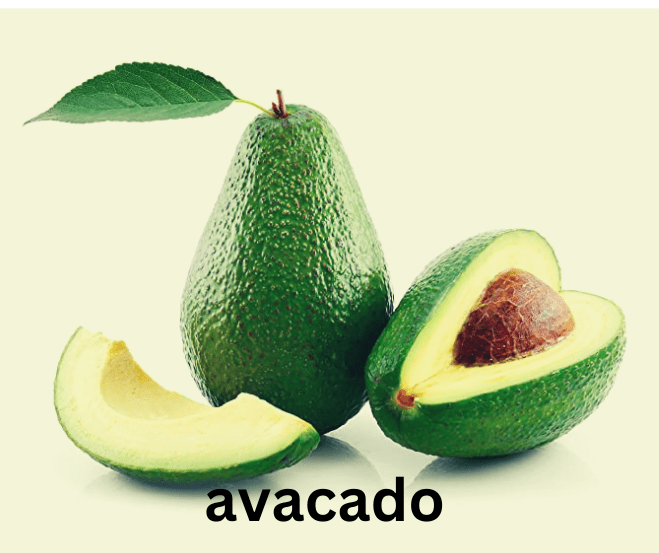
Salmon
Salmon is a great source of omega-3 fatty acids, particularly EPA and DHA, which have been shown to improve mood, reduce inflammation, and enhance brain function.
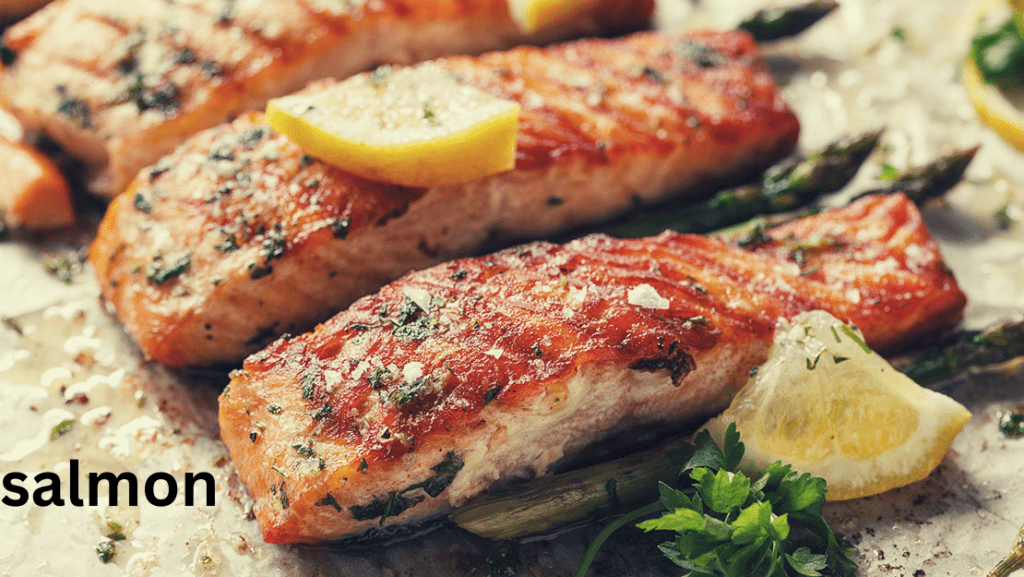
Brazil nuts
Brazil nuts are one of the best food sources of selenium, a mineral that has been linked to a reduced risk of depression and improved mood. Selenium is also important for thyroid function, which can impact mood and energy levels.
Chia seeds
It is a great source of fiber, protein, and omega-3 fatty acids, making them an excellent addition to any diet that promotes mental well-being.
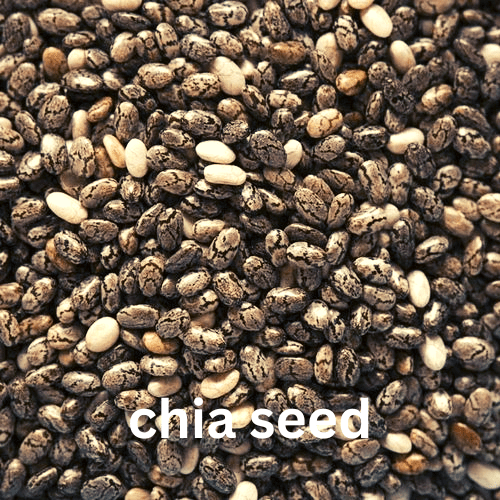
Dark chocolate
Dark chocolate contains antioxidants, particularly flavonoids, which can reduce stress and improve mood. Choose dark chocolate with a high percentage of cocoa for maximum benefits.

Eggs
These are a good source of high-quality protein and the nutrient choline, which is important for brain function and memory. Eggs also contain vitamins and minerals, such as vitamin B12, iron, and folate, that are important for mental health.

Green leafy vegetables
Green leafy vegetables, such as spinach and kale, are high in vitamins and minerals, including iron, folate, and vitamins B6 and K. These nutrients can help in the improvement of the brain function and reduce the risk of depression.
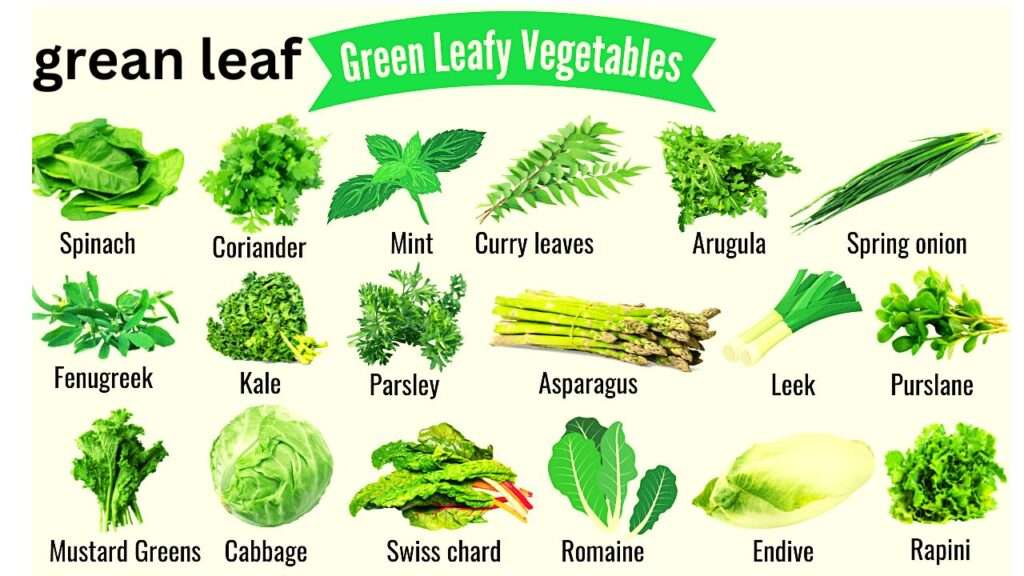
Lentils
Basically lentils are a good source of protein and fiber, making them a great option for vegetarians and vegans. Lentils also contain complex carbohydrates, which can help regulate blood sugar levels and improve mood.

Oats
These are a great source of fiber and complex carbohydrates, which can regulate blood sugar levels and improve mood. Oats also contain B vitamins, which are important for brain function and mental health.

Probiotic-rich foods
Probiotic-rich foods, such as yogurt, kefir, and sauerkraut, can help improve gut health and reduce the risk of depression. It can also improve the production of neurotransmitters, such as serotonin, that play an important role in the mood regulation.

Quinoa
Quinoa is a good source of protein, fiber and essential vitamins and minerals, including iron, folate, and vitamins B6 and K. These nutrients can improve brain function and reduce the risk of depression.
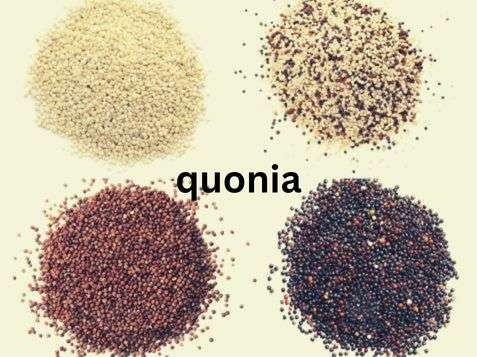
Walnuts
Walnuts are high in omega-3 fatty acids, antioxidants, vitamins and minerals, including magnesium and vitamin E. These nutrients can help improve brain function and reduce the risk of depression.

Sweet potatoes
After all, sweet potatoes are high in complex carbohydrates, fiber, vitamins and minerals, including vitamin A and potassium. These nutrients can help regulate blood sugar levels and improve mood.
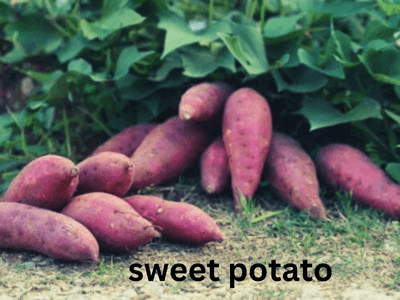
Turkey chicken
It is a good source of tryptophan, an amino acid that is converted into the neurotransmitter serotonin, which can improve mood. Turkey also contains vitamins and minerals, such as vitamin B6, iron and folate, that are important for mental health.

Turmeric
Turmeric is a spice that is high in curcumin and antioxidant that has been linked to a reduced risk of depression and improved mood.
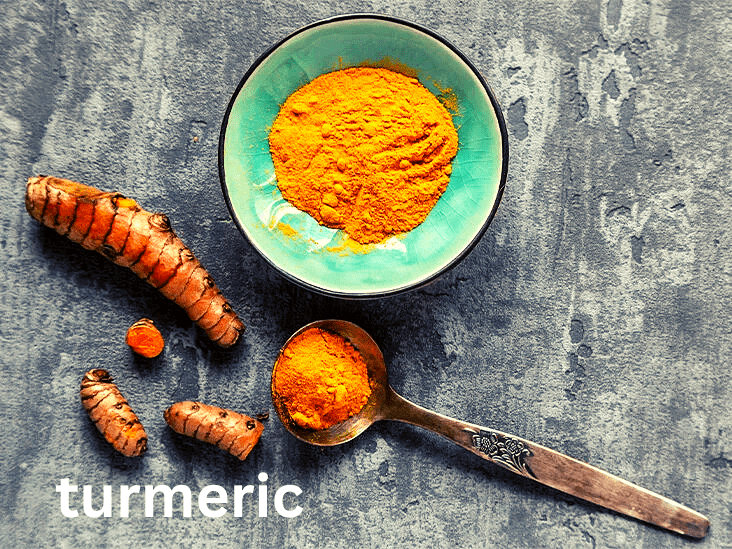
Wholegrains
Wholegrains, such as whole wheat, brown rice, and quinoa are high in fiber and complex carbohydrates, which can regulate blood sugar levels and improve mood.
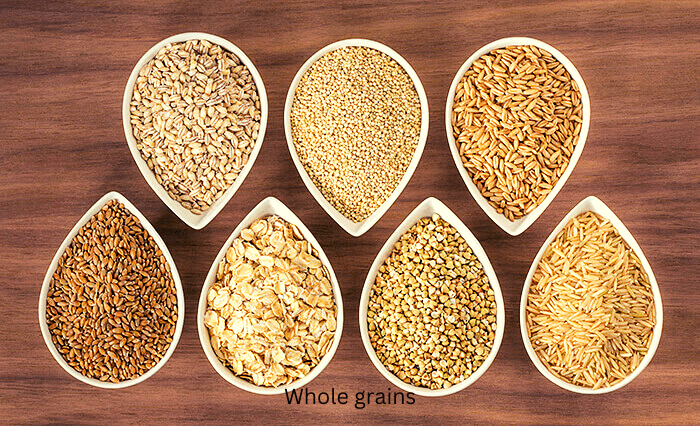
Wild-caught fish
Wild-caught fish, such as salmon and sardines, are high in omega-3 fatty acids and vitamins and minerals that can improve brain function and reduce the risk of depression.
Yogurt
Yogurt is a good source of probiotics and calcium, both of which can improve gut health and reduce the risk of depression.
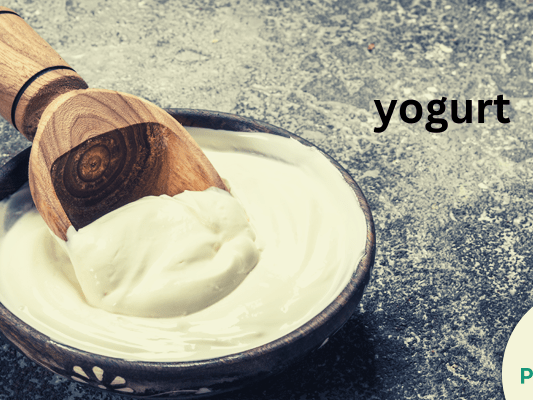
Zinc-rich foods
Foods that are high in zinc, such as oysters, beef, and chickpeas, can help improve mood and reduce the risk of depression.
It’s important to note that while these foods may have a positive impact on mental health, it is not a guarantee and individual results